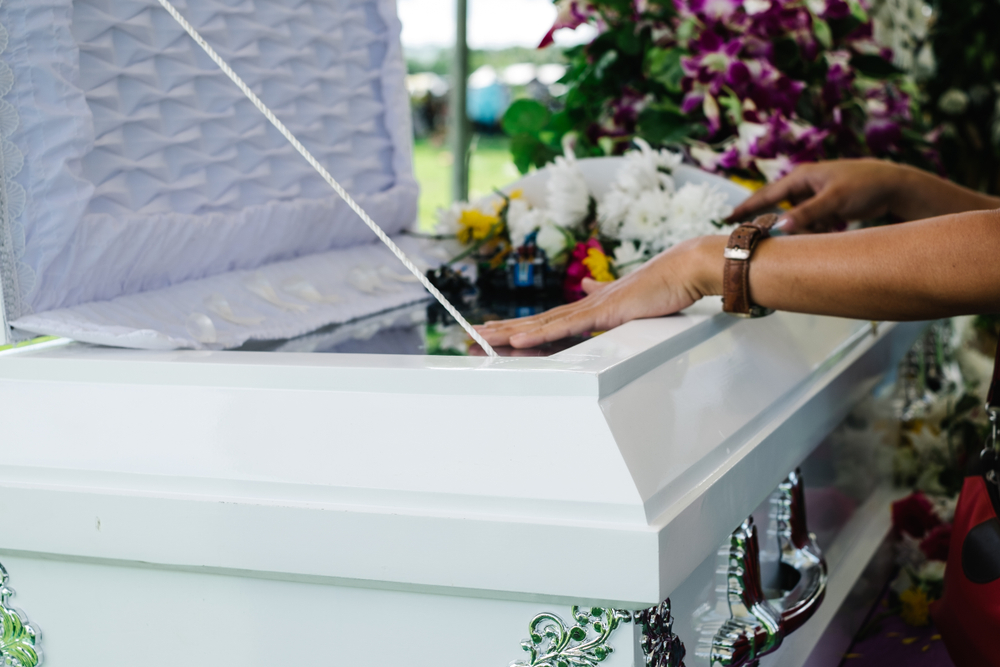You may think that you have the final say in who receives your retirement savings upon your death, but it isn’t as easy as stating it in a will. Anyone who is financially dependent on you can claim a portion of your retirement fund death benefits, even if they are not mentioned in your will.
Peter Dempsey, deputy CEO of the Association for Savings and Investment of South Africa (ASISA), noted the importance of your beneficiary nomination as a guide for the trustees. However, while you may wish for your funds to be distributed in a particular way upon your death, the trustees can overrule your decision after examining the needs of all your dependents.
Dempsey explained: “This is because trustees of retirement funds are governed by Section 37C of the Pension Funds Act, a law which states that trustees must seek out and consider the circumstances of all your potential financial dependants when allocating your death benefits.”
The law and your retirement savings death benefit
The Pension Funds Act applies to pension funds, provident funds, preservation funds and retirement annuities. Section 37C of the Act exists to prevent any dependents from falling into financial difficulty following your death.
Dempsey highlighted that dependents can include:
- Your spouse and children under the age of 18 years, including illegitimate or adopted children and children from previous marriages.
- Adult children or a former spouse that were relying on you financially.
- Elderly parents or a child that you would have supported in the future.
- Anyone that you were assisting financially or providing with financial maintenance, such as former employees or their children.
According to Dempsey, it is important to be honest with yourself and your loved ones about your decision to prevent any shocks down the line. For example, Dempsey said: “There have been cases where a member has allocated their death benefits to their current family, who are later surprised to discover that they have to share the benefits with an ex-spouse or illegitimate children that they were not previously aware of.”
Furthermore, while you may have nominated a charity as the beneficiary of your retirement death benefit, the trustees are obliged to seek out a relative or financial dependent before granting your wish. Due to this large responsibility, it can take trustees “as long as 12 months to gather the facts needed to determine a fair distribution of the funds,” explained Dempsey.
Getting your affairs in order
To speed up the process of the payment of your retirement death benefit, Dempsey advised applying your mind to providing a comprehensive list that specifies anyone who receives financial maintenance, together with their details.
“Make sure that your loved ones will be able to find a copy of this list should the unexpected happen. Also, review this list annually to ensure that it is kept up to date,” added Dempsey.
Due to the time it can take for the final distribution of your retirement funds, Dempsey stressed the importance of taking out additional cover. “It is vital to complement your financial planning and protection with adequate life insurance.”
Also, upon your death your bank account would be frozen, meaning that your dependents would be unable to access your money and/or support themselves until your estate and the distribution of your retirement funds are settled.
“However, your life insurance policy is likely to pay out within days following a claim, providing much needed financial assistance to your family. And unlike your retirement fund, your life insurance policy must be paid directly to whoever you have nominated as your beneficiaries,” explained Dempsey.
If any of your beneficiaries are below the age of 18 at your death, they will not receive any assets. Rather the money that may be left to them would be placed under the control of their legal guardian.
“If you are concerned about what this would mean for your children’s well-being, in the case of an ex-spouse for instance, you may wish to specify that any assets you wish them to have should be placed into a trust that is to be formed upon your death. You can then nominate trustees to manage this trust for your children’s welfare,” advised Dempsey.
When planning your will and future finances, including what happens upon your death, it is important to consult a qualified financial adviser. “Asking the difficult questions and making sure that you and your loved ones are prepared for any eventuality is incredibly difficult, but by taking action now, seeking expert guidance and making sure to review your planning each and every year, you will be sparing your loved ones additional and unnecessary trauma,” said Dempsey.


